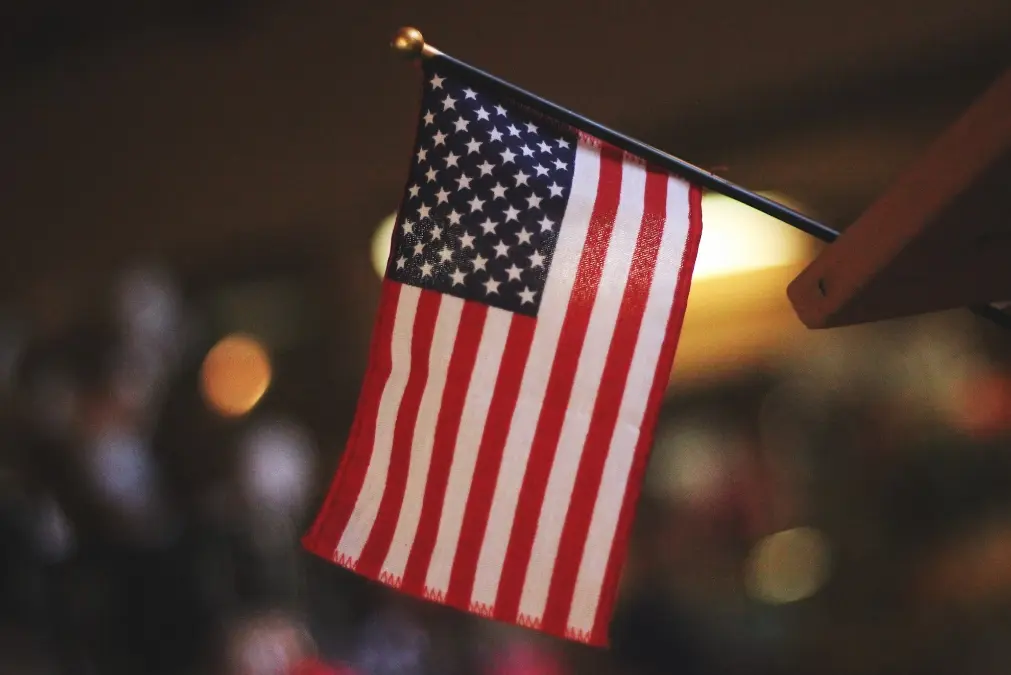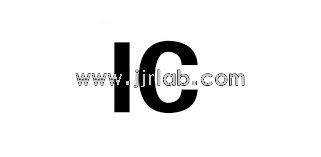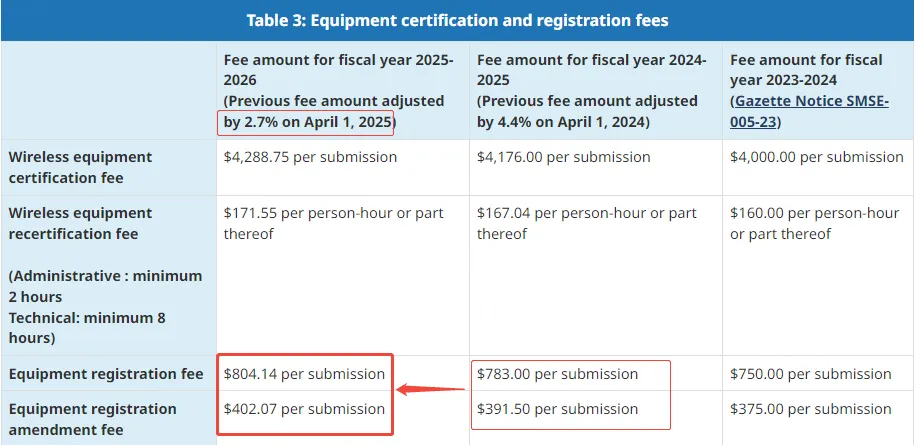
What Certifications Are Needed to Sell on Amazon USA?
Compared to the European market, North America is the preferred choice for new sellers looking to expand their business. Understanding and complying with the regulations of the target country and platform rules are crucial. This article summarizes the key compliance requirements and various certifications for Amazon's North American site. Remember to self-check for compliance and address any gaps in a timely manner.
FCC Certification
FCC certification is mandatory in the USA. All electronic products entering the US need FCC certification, currently available in two forms: fcc id and fcc sdoc.
- FCC SDoC: For non-wireless products like traditional lighting and appliances.
- FCC ID: For wireless products. Products with wireless transmission frequency such as Bluetooth devices, WiFi equipment, wireless alarms, radios, phones, and computers need FCC ID certification to be sold in the USA.
CPC Certification
The Consumer Product Safety Improvement Act (CPSIA) requires manufacturers and importers of children's products to provide a written Children's Product Certificate (CPC) based on test results from a CPSC-approved laboratory.
Amazon requires CPC certification for products intended for children under 12, such as toys, cribs, and children's clothing.
Common products include: electric toys, rattles, pacifiers, children's clothing, strollers, cribs, playpens, baby carriers, car seats, bicycle helmets, and other children's products.
UL Test Report
UL certification is a voluntary safety certification in the USA, involving product testing and factory inspections. It is costly, time-consuming, and strictly regulated.
A UL test report, however, is issued after a product passes the relevant UL standard tests, and is less expensive, quicker, and does not require factory inspections. It can be used for Amazon review and customs clearance.
In recent years, Amazon has been increasingly strict about UL test reports. Many sellers have received notifications that their products were suspended or delisted due to the lack of a UL test report.
FDA Certification
The Food and Drug Administration (FDA) oversees food, cosmetics, drugs, medical devices, radiation-emitting products, and tobacco products to ensure safety.
The FDA requires certification for all products that come into direct contact with food or the mouth, such as kitchen appliances like toasters.
Recently, many sellers have had their products classified as medical devices and banned, requiring FDA certification.
Products requiring FDA certification: food, agricultural products, seafood, medical devices, cosmetics, drug certification, food contact materials.
BQB Certification
Bluetooth Qualification Bodies (BQB) certification is mandatory for all Bluetooth products imported into the USA. Any product using Bluetooth wireless technology must undergo this certification process.
If your product has Bluetooth functionality, it needs BQB certification, regardless of whether the Bluetooth logo is displayed.
CEC & DOE Certification
CEC (California Energy Commission) certification is a mandatory energy efficiency certification in California aimed at improving efficiency, saving energy, and reducing carbon emissions.
Products within the scope of CEC certification must comply to be sold in California.
DOE (Department of Energy) certification is mandatory for energy efficiency outside of California. It aims to improve product efficiency, reduce energy consumption, and mitigate the greenhouse effect. Level VI certification became mandatory in February 2016.
Products within the DOE certification scope must comply to enter the US market.
ised certification
Innovation, Science and Economic Development Canada (ised), formerly Industry Canada (IC), oversees certification for electronic products entering the Canadian market. Products include broadcast and TV equipment, IT equipment, radio equipment, telecom equipment, and industrial, scientific, and medical equipment.
ISED certification is necessary for electronic products to be sold in Canada.
NRCan Certification
Natural Resources Canada (NRCan) administers the Energy Efficiency Act and Regulations, mandating energy efficiency certification for household appliances, commercial refrigeration equipment, electronic products (battery chargers, compact audio products, external power supplies, televisions, video products), heating and air conditioning equipment, industrial/commercial equipment, lighting products, and water heaters.
All regulated products must obtain an energy efficiency verification mark from a Standards Council of Canada (SCC)-accredited certification body.
nom certification
The Normas Oficiales Mexicanas (NOM) mark is Mexico's mandatory safety mark for products indicating compliance with relevant NOM standards. It applies to most products, including telecom and IT equipment, household appliances, lighting, and other products posing potential health and safety hazards. Both locally manufactured and imported products must meet NOM standards and labeling requirements.
According to Mexican law, the nom certificate holder must be a Mexican company responsible for the product's quality, maintenance, and reliability. Test reports are issued by SECOFI-accredited labs and reviewed by SECOFI, ANCE, or NYCE. If compliant, a certificate is issued to the manufacturer or the Mexican representative of the exporter, allowing the product to bear the NOM mark.
Email:hello@jjrlab.com
Write your message here and send it to us
 How Does a Product Get an Energy Star Label
How Does a Product Get an Energy Star Label
 Is ROHS part of UL the same
Is ROHS part of UL the same
 What is Protection Class EN 60529?
What is Protection Class EN 60529?
 IP69 Certified Protection
IP69 Certified Protection
 California Energy Commission Testing Lab
California Energy Commission Testing Lab
 What Does the Canadian IC Mark Mean?
What Does the Canadian IC Mark Mean?
 How Much is the Canada IC ID Certification cost?
How Much is the Canada IC ID Certification cost?
 How Much is the Canada IC ID Certification Fee?
How Much is the Canada IC ID Certification Fee?
Leave us a message
24-hour online customer service at any time to respond, so that you worry!




